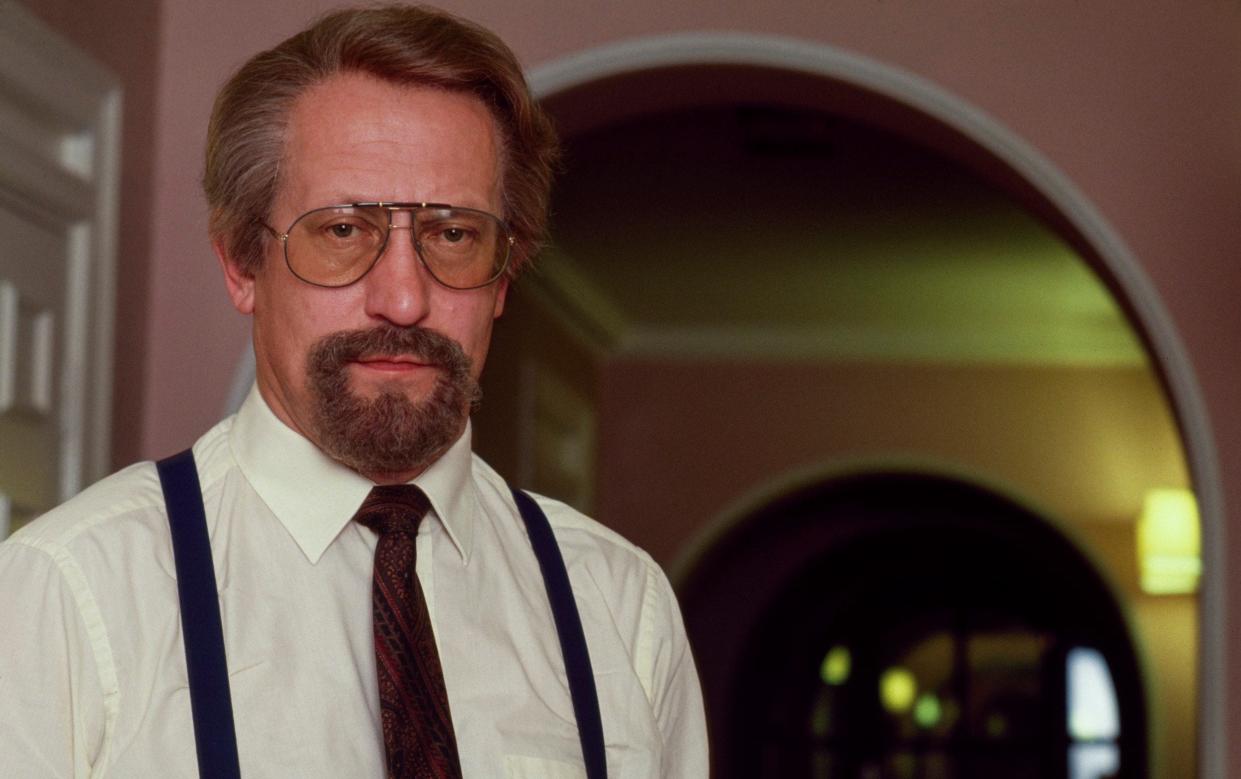Secrets and Spies: A Nuclear Game, review: real espionage stories as gripping as any John le Carré

Received wisdom on espionage is that the job is far more mundane than the plot of a John le Carré novel. Try telling that to Oleg Gordievsky. “Being a spy was exciting. It was thrilling. It was romantic,” is how he described it. Gordievsky’s escape from Moscow, detailed in the final instalment of the three-part boxset Secrets and Spies: A Nuclear Game (BBC Two), was some of those things and more.
Gordievsky, a double agent, was exfiltrated from Russia with the help of British intelligence. Operation Pimlico involved signalling via a Safeway carrier bag, a Harrods bag and a Mars bar; a car chase to shake off KGB officers; and a judicious nappy change that distracted sniffer dogs from the scent of Gordievsky hiding in the boot. Raymond Asquith, now 3rd Earl of Oxford and Asquith, was the MI6 officer behind the wheel. “I wasn’t excited. I was bloody frightened, actually,” he said.
Lord Oxford was speaking here on camera, as were other members of the British intelligence services. Gordievsky was not – now aged 85, he maintains a low profile – so instead we heard old audio interviews with him (he detailed Operation Pimlico in his memoir, and it is also the subject of a well-received book by Ben Macintyre). Other contributors in this study of 1980s Cold War espionage included aides to Thatcher and Reagan, plus former KGB and CIA agents.
With restrained use of dramatic reconstructions, the series tells the gripping stories of three double agents: Gordievsky, whose intelligence helped Thatcher to forge a relationship with Mikhail Gorbachev; MI5 officer Michael Bettaney; and the CIA’s Aldrich Ames. It also provides political context, conjuring the paranoia of the times: an aide to Reagan recalls the President and Nancy at Camp David watching The Day After, a 1983 TV movie that imagined a nuclear attack on Kansas: “He was devastated.”
Russian spies on British soil are still very much in the news. But there is also a potent nostalgia in watching a series such as this, now that so much espionage is conducted in cyberspace. Aside from the spycraft, the archive news reports transport us back to a time when politicians – and even political journalists – seemed to have so much more gumption and personality than they have today.
Here is Thatcher famously announcing on the world stage: “I like Mr Gorbachev. We can do business together,” but also bustling around her No 10 kitchen in pearls, rummaging in a cupboard for teabags. And Jeremy Paxman reporting on a Chequers visit, noting that Raisa Gorbachev “showed that not every Russian woman was a 23-stone babushka”.

 Yahoo News
Yahoo News 
